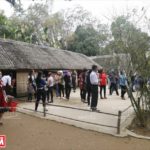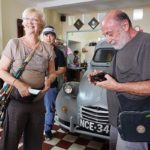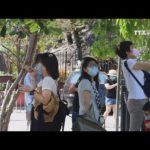The 2023 edition of Expat Insider was conducted based on the opinions of 12,000 expats living in 172 countries and territories. These expats rated various aspects of expat life, such as the local cost of living, availability of housing, career prospects, access to high-speed internet, and the quality of healthcare.
This is the 10th year in a row that InterNations has conducted this survey, with nearly 12,000 expats participating. The survey provides an accurate ranking of the best places to live in the world, known as Expat Insider 2023.
The participants in the survey represent 177 nationalities living in 181 countries or territories. The report ranks 53 countries based on factors like quality of life, ease of settlement, and personal finance.
This year, 53 countries met the survey’s minimum requirements and were included in the overall country ranking, with Mexico, Spain, Panama, and Malaysia at the top.
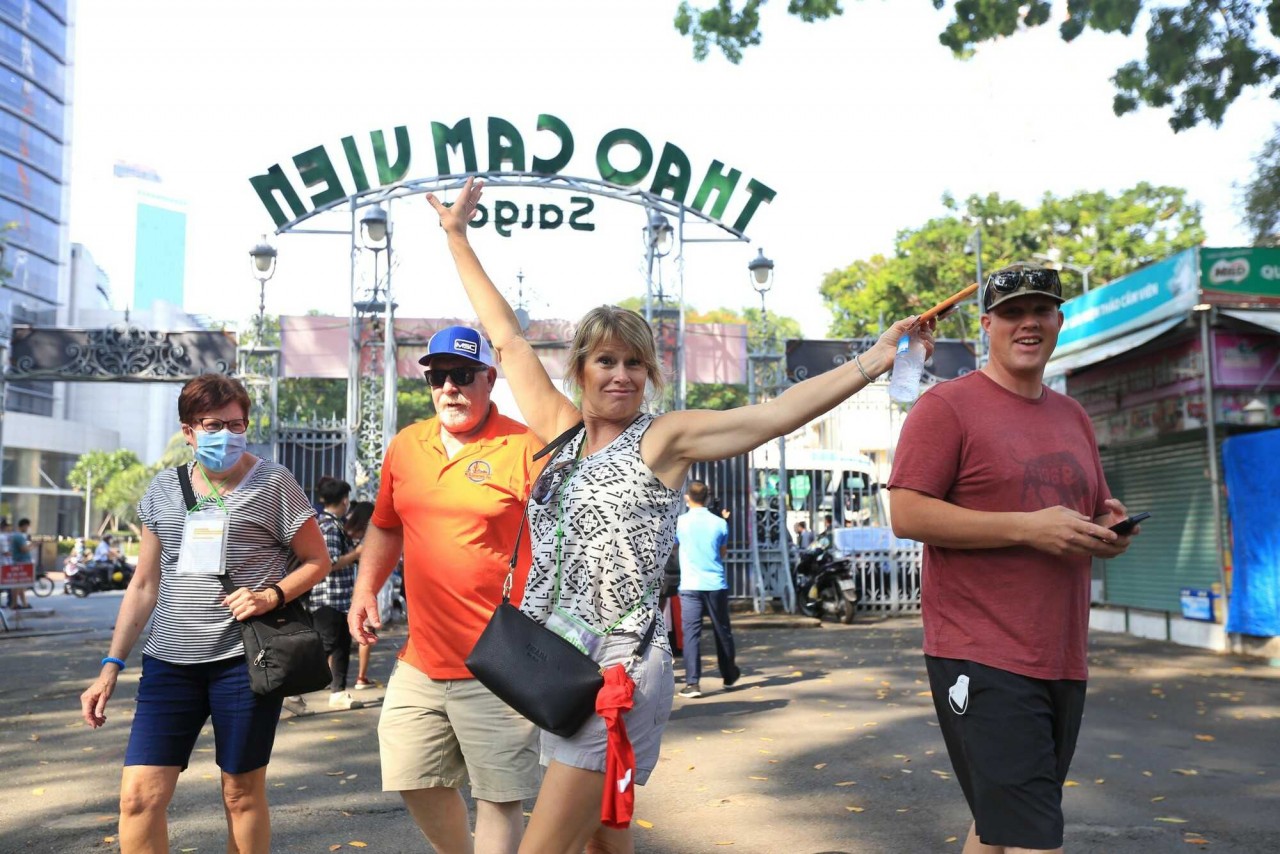
Photo: Vietnam.vn
Vietnam is among the Asian countries that received the highest ratings from expats in terms of security. It is also considered a livable place due to its affordable cost of living.
In terms of personal finance, Vietnam ranked first, maintaining its top spot from 2022. Over three-quarters of respondents in Vietnam (77%) rated the cost of living favorably, compared to the global average of 44%.
In the first half of 2023, Vietnam welcomed over 5.6 million foreign visitors, a 282% increase compared to the same period in 2022. This puts Vietnam on track to exceed its target of welcoming 8 million foreign visitors in 2023.
VNAT reported that the country welcomed 975,000 international visitors in June 2023, a 6.4% increase from the previous month. This brings the total number of international visitors to Vietnam in the first six months of the year to nearly 5.6 million, which is 69% of the target set for 2023 and a 66% recovery compared to 2019.
Domestic tourism also saw strong growth in June, with 13.5 million visitors, including 9 million overnight stays. The total number of domestic visitors in the first two quarters of the year reached 64 million.
The total revenue from tourists in the first six months of the year is estimated at VND 343.1 trillion, a 29.4% increase compared to the same period last year.
What is it like living in Vietnam?
For expats in Vietnam, renting an apartment or house is the most common living arrangement, especially for those with short work permits and restrictions on property ownership. Expat renters are required to register with the public security office of their local ward or commune.
In Hanoi, the average rent for a one-bedroom apartment in the city center is $400 per month but can reach up to $900, depending on location and amenities. Utility bills are generally affordable, with residents typically paying less than $100 per month for electricity, water, heating, and cooling.
The cost of living in Vietnam is generally lower than in Europe or the US. Mobile phone plans can cost as little as $5 per month. Fresh fruit and vegetables can be purchased cheaply at markets, street stalls, supermarkets, and smaller grocery stores. Average grocery prices include $1.40 for one liter of milk, $0.72 for a loaf of bread, and $1.30 for a dozen eggs.
Major cities in Vietnam offer a variety of English-language cinemas, TV channels, theaters, and radio stations. The average price of a cinema ticket is $3.43. Local cultural experiences, such as traditional water puppet shows and temples, provide great insights into the country for expats and visitors. Hanoi and Ho Chi Minh City also have opera houses, and both cities have a vibrant art gallery scene.
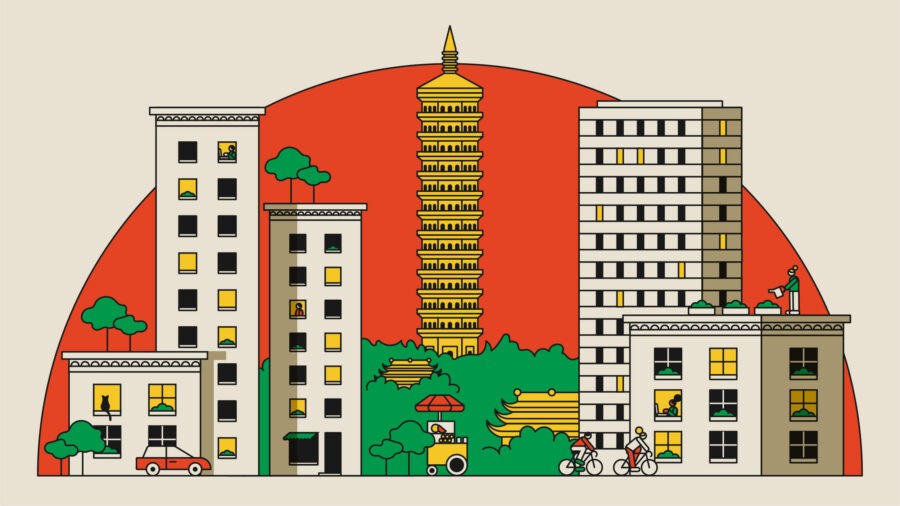
Photo: Raconteur
Shopping is popular in Vietnam, with plenty of familiar brands available, especially for fashion lovers. When bargaining, it’s expected to keep the negotiation friendly rather than aggressive. If the seller is not willing to negotiate the price, you can either pay or walk away.
Active expats in Vietnam can take advantage of affordable gym memberships, with an average cost of around $30 per month. Sporting clubs and facilities are generally affordable as well. Water sports are popular in coastal areas, and there are golf clubs near Hanoi and Ho Chi Minh City. Golf resorts in popular tourist destinations like Haiphong and Danang are also becoming more prevalent.
For transportation, Hanoi and Ho Chi Minh City have cheap bus services, and train systems are currently being constructed in both cities. Trains are a cost-effective way to travel between different cities in Vietnam.
While there has been an increase in the number of cars on the road due to the growing middle class, motorbikes remain the preferred form of private transport. Taxis and motorcycle taxis are cheap and abundant. In Hanoi, cyclos (cycle taxis) remain an iconic and affordable way to get around.
Foreign arrivals may fall 60% amid Covid-19 epidemic
Under the impact of the novel coronavirus outbreak, foreign tourist arrivals in Vietnam may fall by 50 – 60 percent during the epidemic period.



